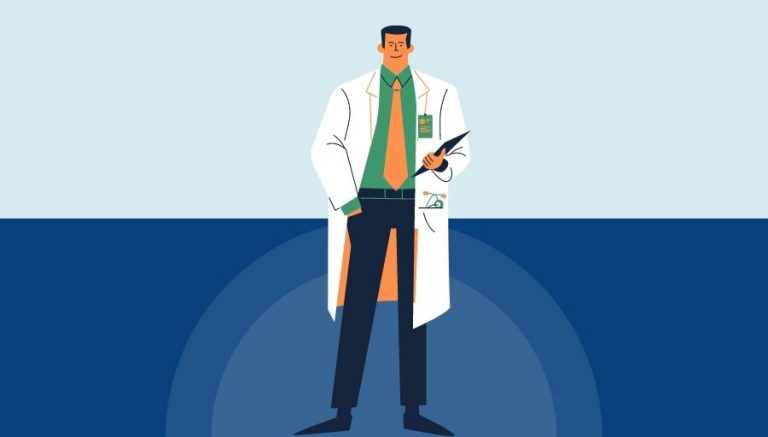Hypertension
What is Hypertension and what are its types?
Hypertension is a Systolic blood pressure greater than 140mm Hg and a diastolic Pressure greater than 90mm Hg over a sustained period, based on the average of two or more blood pressure measurements taken in two or more contacts with the health care provider after an initial screening.
Types of Blood pressure
1. Primary or essential Hypertension
2. Secondary Hypertension
Etiology: Primary or essential Hypertension
1. Approximately 95% of patients are affected with Hypertension. When the diastolic pressure is 90mm Hg or higher and other causes of Hypertension are absent, the condition is said to be Primary hypertension.
2. Cause of essential hypertension is unknown. However, there are Several areas of investigation
3. Hyperactivity of sympathetic vasoconstricting nerves.
4. Presence of vasoactive substance released from the arterial endothelial cells that acts on smooth muscle, sensitizing it to vasoconstriction.
5. Increased cardiac output, followed by arteriole constriction.
6. Excessive dietary sodium intake, sodium retention, insulin resistance, and hyperinsulinemia.
7. Familial (genetic) tendency.
8. Systolic blood pressure elevation in the absence of elevated diastolic blood pressure is termed isolated systolic hypertension and is treated in the same manner.
Etiology: Secondary Hypertension
1. Occurs in approximately 5% of patients with hypertension secondary to other pathology.
2. Renal pathology
a. Congenital anomalies, pyelonephritis, renal artery obstruction, acute and chronic glomerulonephritis.
b. Reduced blood flow to kidney cause release of renin. Renin reacts with serum protein in liver ( 2-globulin) angiotensin 1; this plus angiotensin converting enzyme (ACE) angiotensin 2 leads to increased blood pressure.
3. Coarctation of aorta (stenosis of aorta) blood flow to upper extremities is greater than flow to lower extremities hypertension of upper part of body.
4. Endocrine disturbances
Pheochromocytoma a tumor of the adrenal gland that causes release of epinephrine and nor epinephrine and a rise in blood pressure.
Adrenal cortex tumors lead to an increase in aldosterone secretion (hyperaldosteronism) and an elevated blood pressure.
Cushing’s syndrome leads to an increase in adrenocortical steroids (causing sodium and fluid retentions) and hypertension.
Hyperthyroidism – causes increased cardiac output.
5. Medications such as estrogens, sympathomimetics, NSAID’s, steroids antidepressants.
Hypertension is classified as:
Ø Normal blood pressure: less than 120/80 mmHg
Ø Prehypertension: 120-139/80-89 mmHg
Ø Hypertension: greater than 140/90 mmHg
Ø Stage 1 Hypertension:140-159/90-99 mmHg
Ø Stage 2 Hypertension: 160 or greater/ 100 or greater mmHg
Treatment:
There are several types of drugs used to treat hypertension, including:
Ø Angiotensin-converting enzyme (ACE) inhibitors
Ø Angiotensin-receptor blockers (ARBs)
Ø Diuretics
Ø Beta-blockers
Ø Calcium channel blockers



